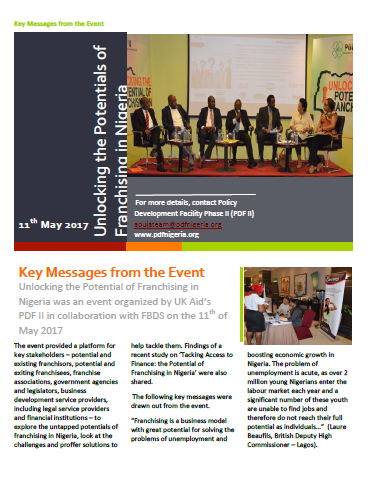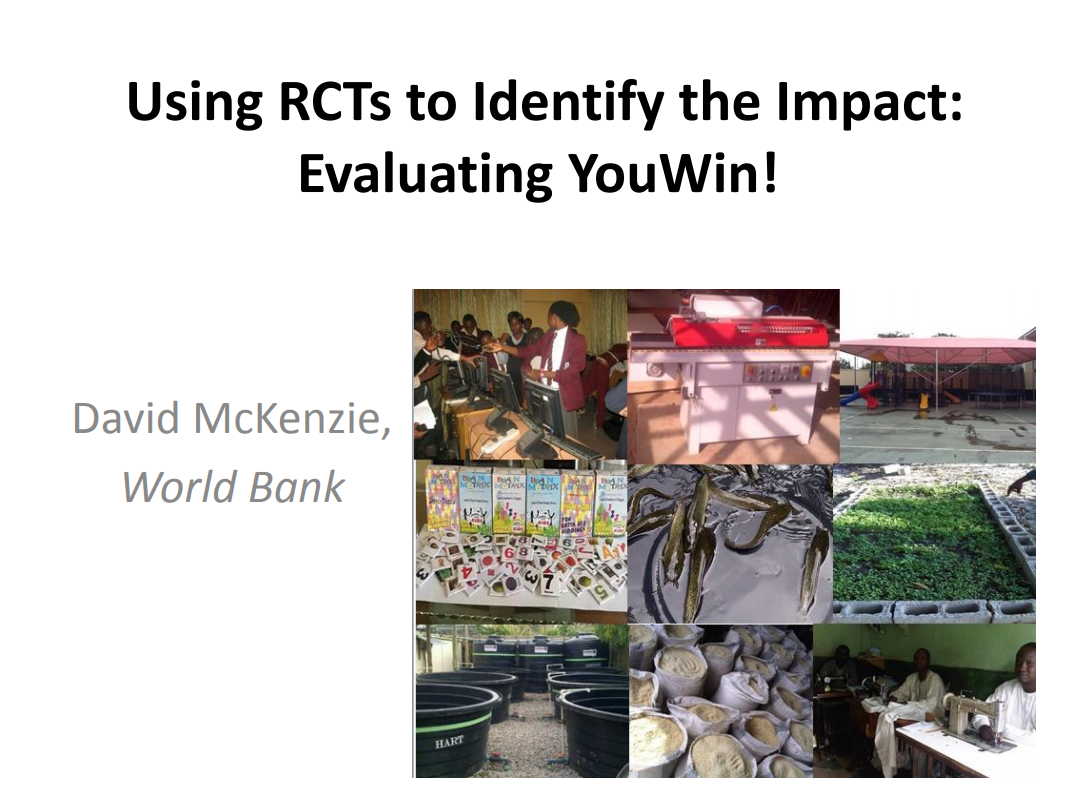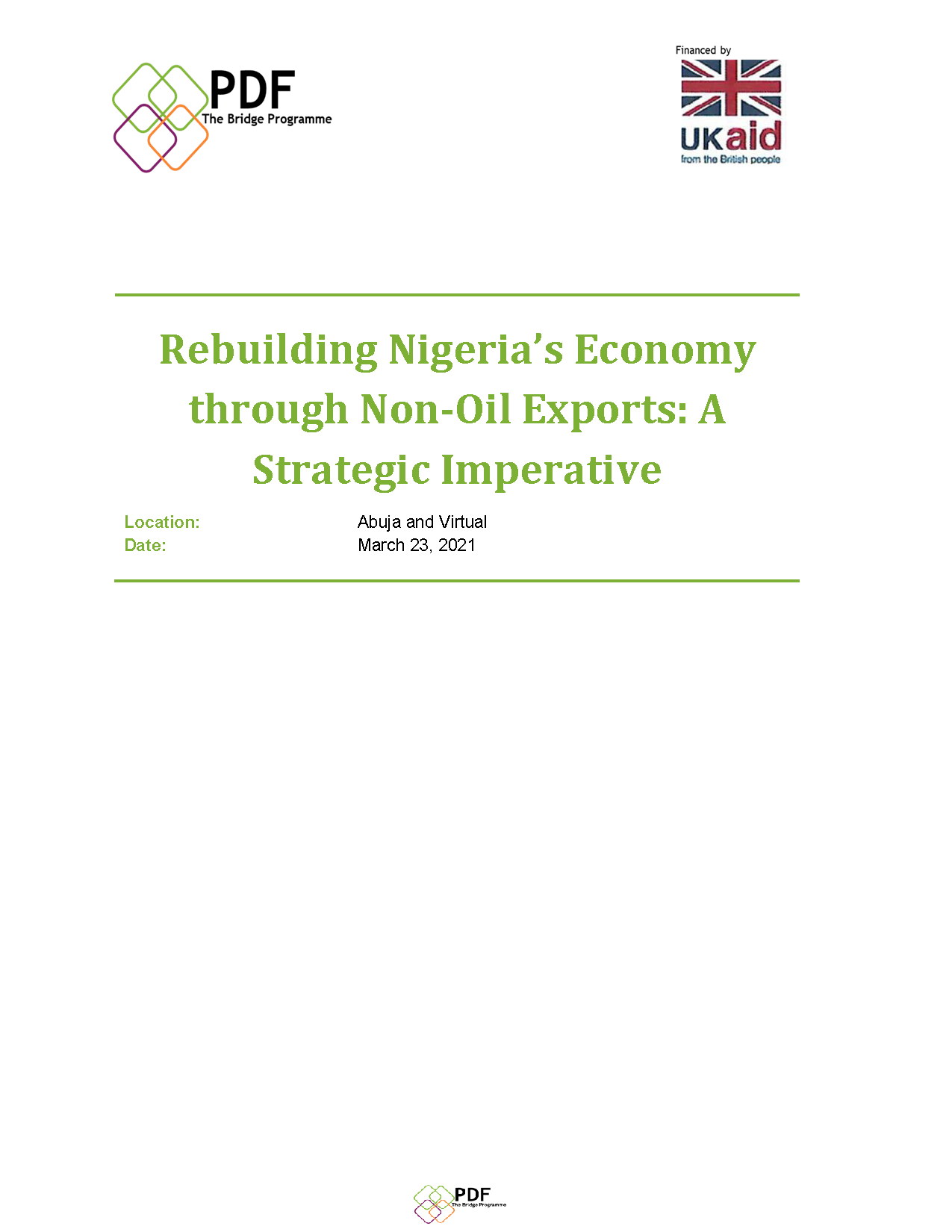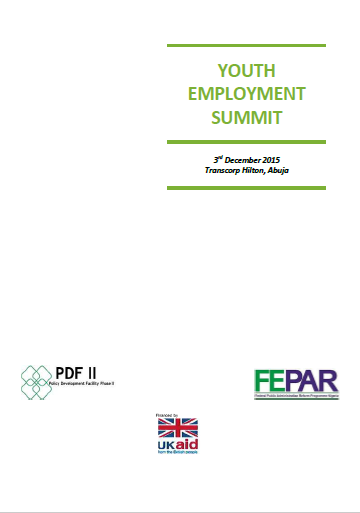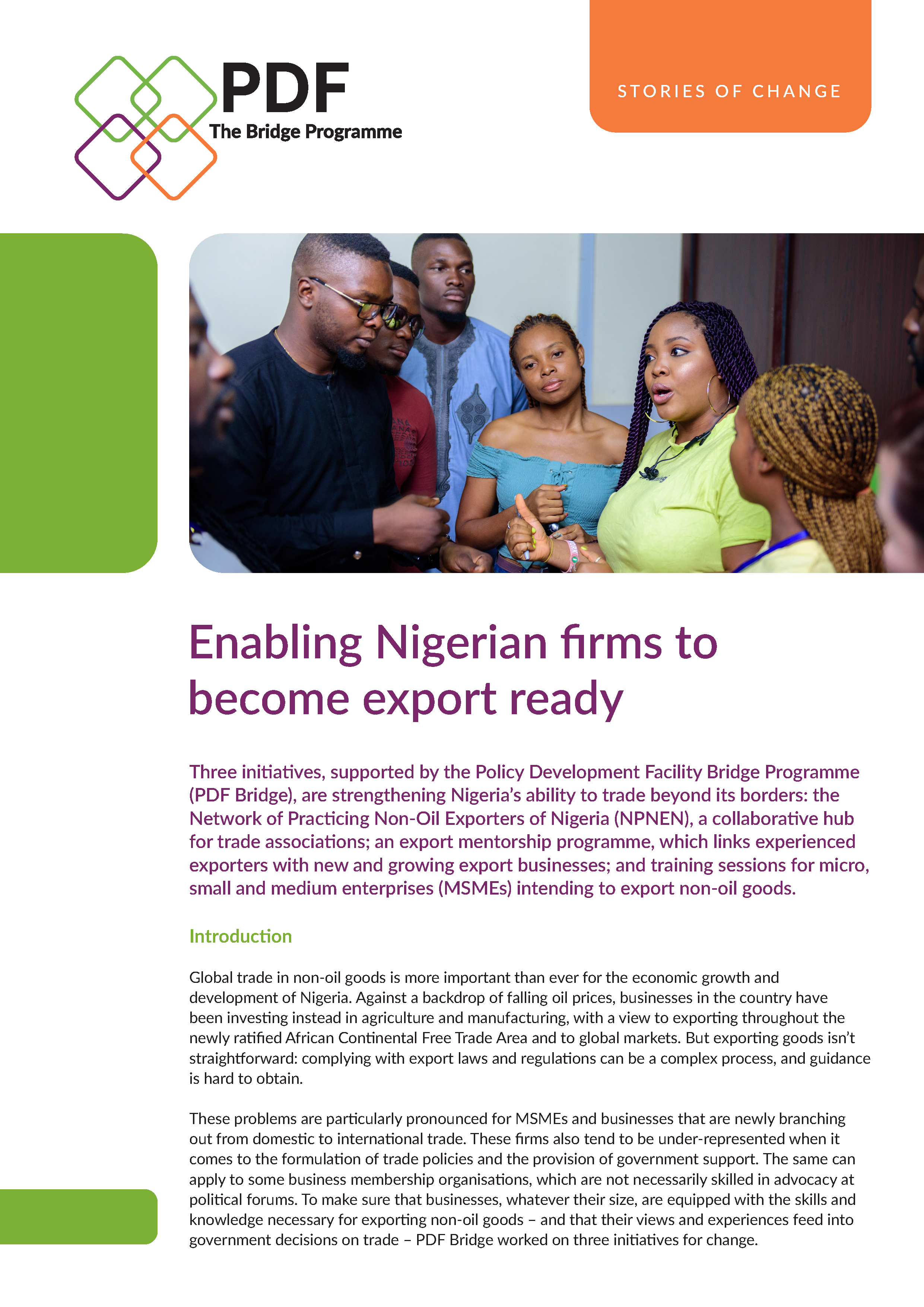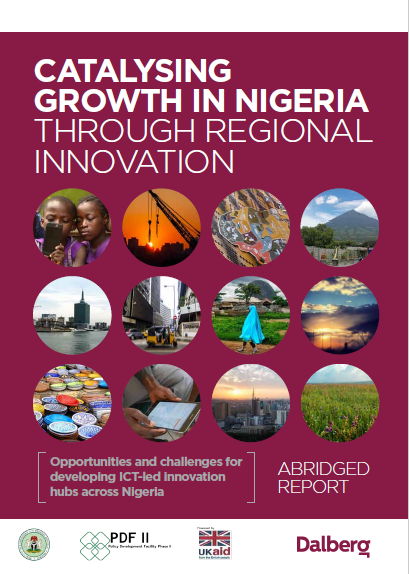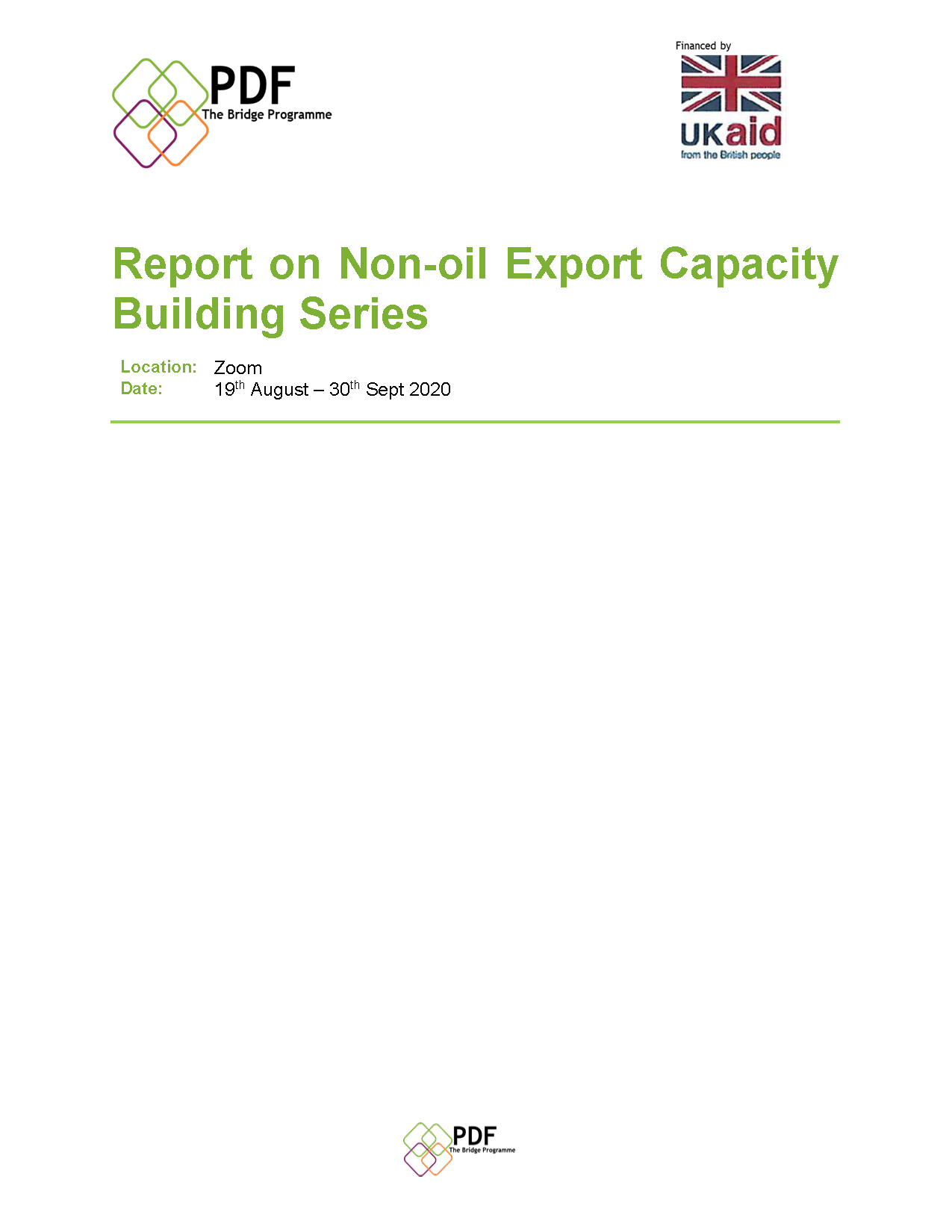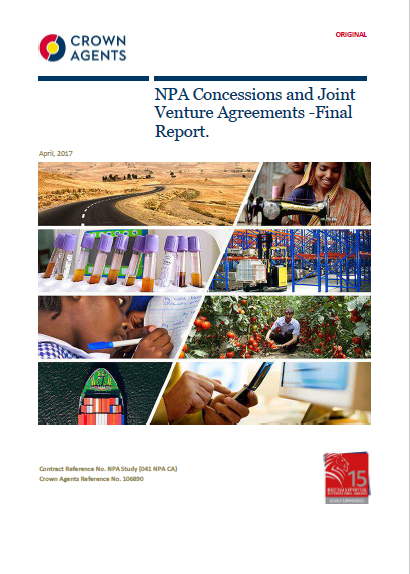Exploring Export Business Opportunities in the Post COVID Era
The Network of Practicing Non-Oil Exporters of Nigeria (NPNEN) collaborated with PDF Bridge to bring a 90-minutes training on ‘Exploring Export Business Opportunities in the Post-COVID Era’. This training was delivered by Mr. Bamidele Ayemibo, a trustee of NPEN and an International Trade Expert.


